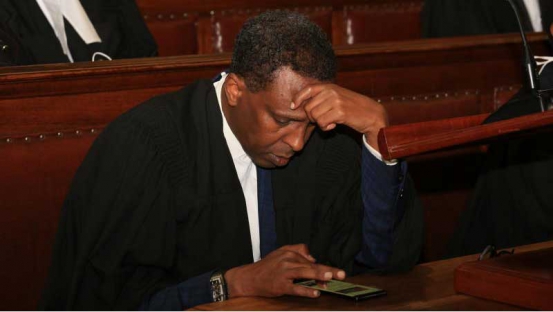×
The Standard e-Paper
Stay Informed, Even Offline

Violence and low voter presence did not affect the legitimacy and credibility of the October 26 election re-run, the Supreme Court has said.
In addition, the six-judge bench yesterday unanimously ruled that failure to conduct the election in 25 constituencies in Kisumu, Migori, Siaya, and Homa Bay counties had no impact on the final tally of President Uhuru Kenyatta’s 7.4 million votes.